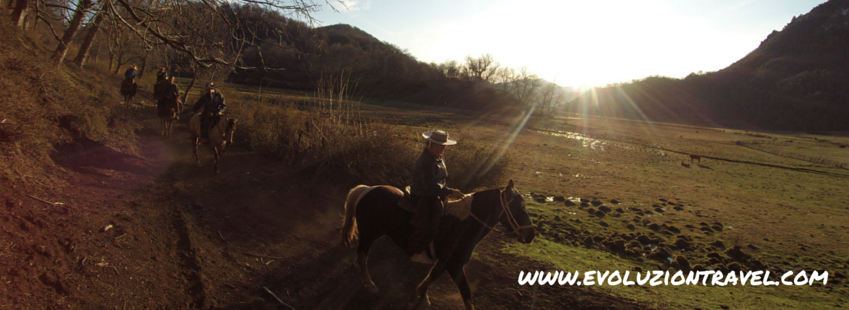Alejo goes onto explain that it’s often difficult to share problems or opportunities with employees whose livelihoods are closely tied to the outcome and it’s also difficult to share those situations with non-executives who may not understand. “So we bring all of the executives – entrepreneurs, CEOs and presidents together into a group. They don’t compete with one another and they can give completely unbiased advice. It’s very powerful and it’s literally helping members grow their businesses.”
What exactly is a peer advisory group? A common example of a peer advisory group is Alcoholics Anonymous (AA). AA is a peer advisory group where members connect with each other, form a community, and collectively stay sober while sharing experiences. Vistage works in a similar fashion where executives can come together, form a community of like-minded professionals and work towards the common goal of improving their businesses and personal lives.
After purchasing the license to Vistage Argentina 15 years ago, Alejo grew Vistage from 0 to 900 clients. So, when it comes to the power of peer advisory groups like the one offered by Vistage, Alejo is an authority on the subject. He first heard of Vistage while attending UCLA business school for his MBA. Vistage had an on campus student program for wanna-be entrepreneurs. “I knew I wanted to be my own boss and when I found out Vistage didn’t have a presence in my native Argentina, I jumped at the opportunity to create one.”
The aspect of Vistage Alejo loves best is that he’s contributing to making Argentina a better place. Alejo believes that small, medium and large companies contribute more to the economy and employment than any other organization – including the government. By helping executives grow their businesses, Alejo is not just making a difference for the executives but for all stakeholders involved. “At Vistage, we impact many. I’m making our society a better place, while also improving my own personal and professional development.”
However, Vistage doesn’t just improve the local economy through its executives, Vistage Argentina is looking to tackle three key growth initiatives over the next five years that will mean serious pay-offs for the Argentine economy and society. In five years, “our goal is to grow to 2,000 members and be recognized as a very social company,” explains Alejo, who points to B Corps as a model for social excellence. “We want to be a B Corp in spirit if not in name.” In addition to growing its membership, Alejo plans on expanding their NGO (not-for-profit) groups (they currently have one which started in 2015), and by increasing the amount of donations they give from 25% of profits to 50%. “Eventually, I’d like to donate up to 75% of profits to local charities.”
When we asked for a success story demonstrating the power of peer advisory groups, Alejo had many to share. One of our favorites was when a Vistage member and CEO of a mid-size firm past away from cancer. The executive didn’t have a contingency plan in place and none of the current employees understood the company well enough to fulfill the CEO’s shoes. That executive’s peer advisory group came together to tutor his daughter – a mid level manager at the company. Because they understood the company and the roles the past CEO faced, they were able to save the company and guide his daughter into becoming a successful leader. Success stories like this one clearly demonstrates why Vistage Argentina has outperformed every branch outside of the USA.
Despite Vistage’s success, one of the key things that keeps Alejo up at night is the threat to his business model, which relies on facilitators known as “chairman” being contractors for Vistage; not employees. Alejo points to Uber as a leader in the argument on contractors vs. employees.
Uber considers its driver’s to be independent contractors, ultimately avoiding the sticky situation of providing health care and expenses to contractors, but also allowing the freedom of working when and as long as their drivers prefer. Recently, Uber has been facing threats to its business model and already the California Labor Commissioner has ruled that the drivers are in fact employees. Just like Uber, Vistage Argentina is facing the same threat. If (and it has happened in the past) their independent contractors claim to be direct employees, the Vistage model could be compromised and lead to major financial straits. While this model has flourished for Vistage over the past 15 years, Argentine law is fickle and should it go to court, it’s unclear which way the law would judge.
And yet, Alejo also believes that Argentina’s instability creates an environment for entrepreneurship. In his gut, Alejo believes Argentina to be a very entrepreneurial country in part because of its instability. “In Argentina, it’s very difficult to say that the way things are now will continue to be this way ten years out. This forces Argentines to be creative and continuously innovate to keep up with a constantly changing environment.” Alejo states that mindset along with an attitude of self-reliance, leads to a growing entrepreneurial spirit in the Argentine people.
In thinking of Argentina’s unstable economy as being a platform for opportunity, perhaps Boston Market CEO and Founder, George Nadafff states it best when he said, “No business, no problems. No problems, no business. Problems are opportunities for solutions.”





